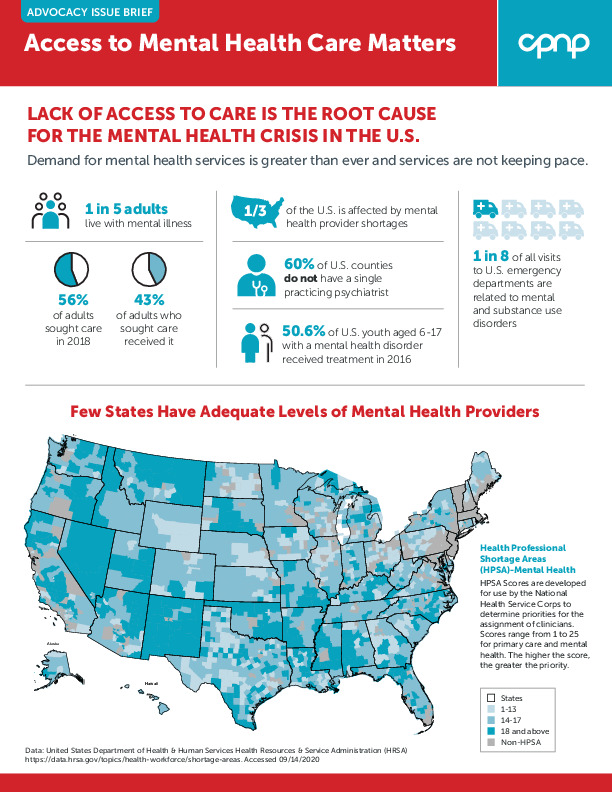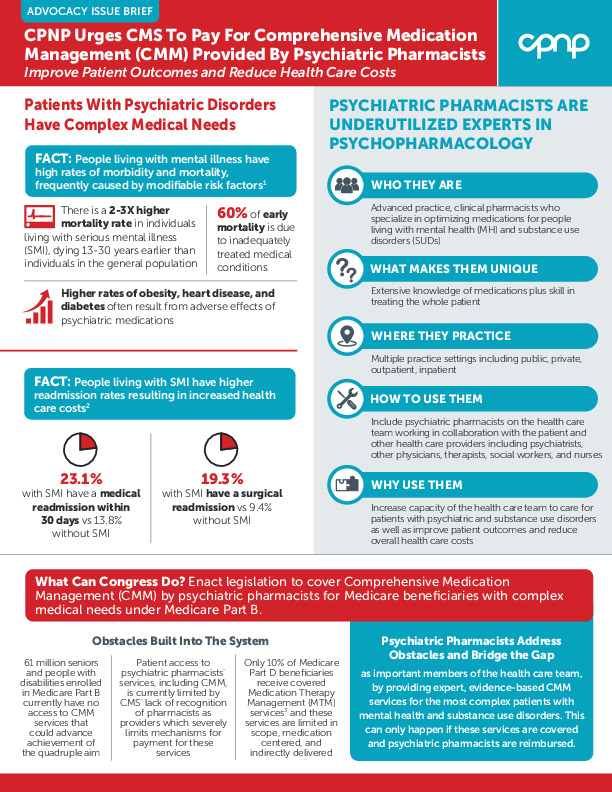Dear Breast Cancer Oncology: Where is the Behavioral Health Care?





No summary available


Lack of access to care is the root cause for the mental health crisis in the U.S. Demand for mental health services is greater than ever and services are not keeping pace.

Substance use disorders (SUD) are a major public health crisis impacting families, communities and society.
 Happy Pharmacists Month-a month where we celebrate you and your impact on patients you serve! This month, I had the opportunity to represent AAPP and contribute to my first Joint Commission of Pharmacy Practitioners meeting.
Happy Pharmacists Month-a month where we celebrate you and your impact on patients you serve! This month, I had the opportunity to represent AAPP and contribute to my first Joint Commission of Pharmacy Practitioners meeting.

Last week the Centers for Medicare and Medicaid Services (CMS) published an updated Telehealth FAQ for Calendar Year 2025. Without congressional action to extend telehealth flexibilities, an in-person, non-telehealth visit within six months prior to their first mental health telehealth service with an annual in-person requirement for established patients is required.



No summary available

No summary available




